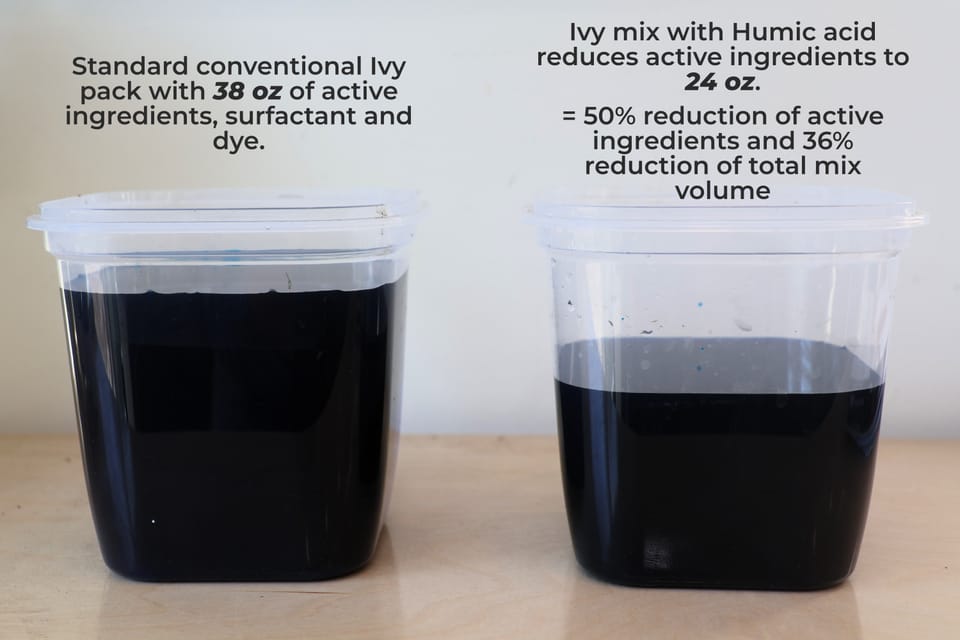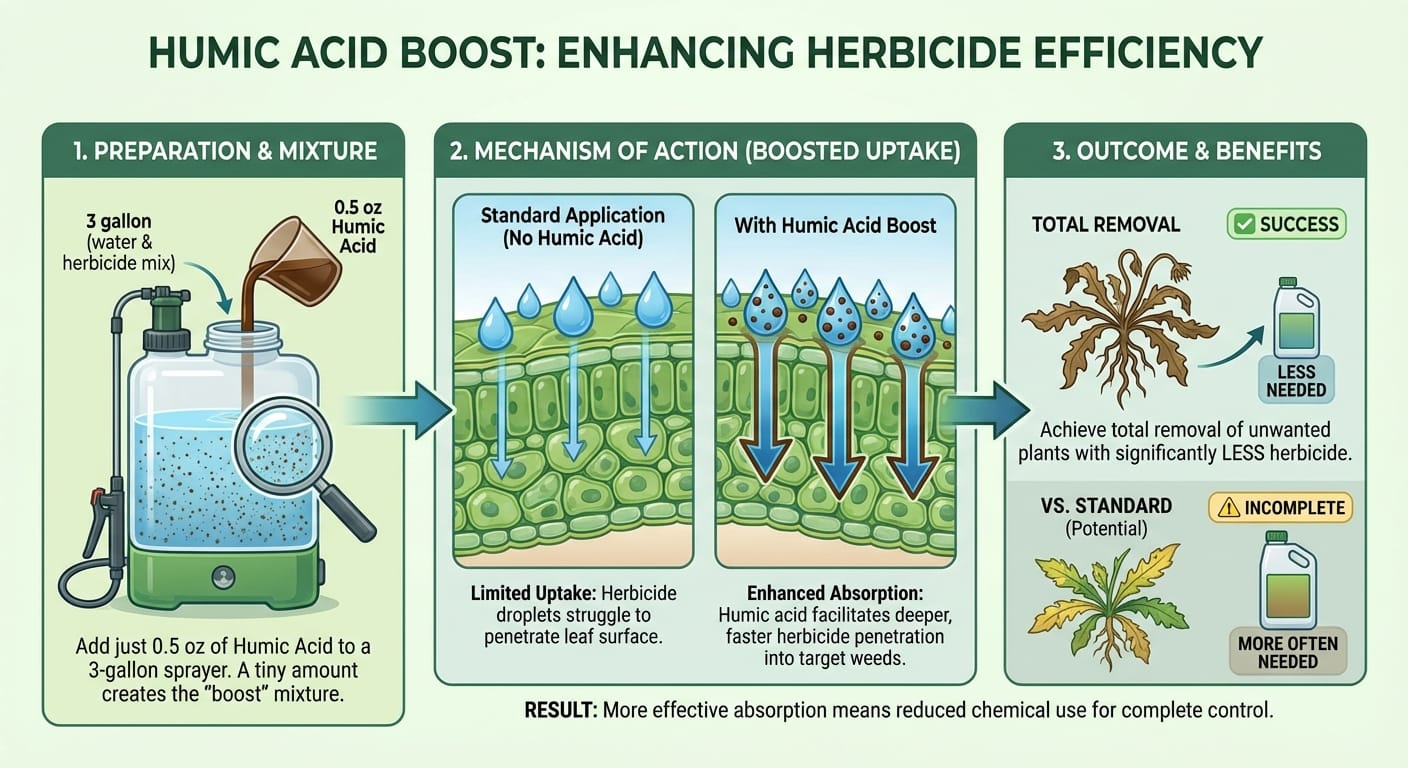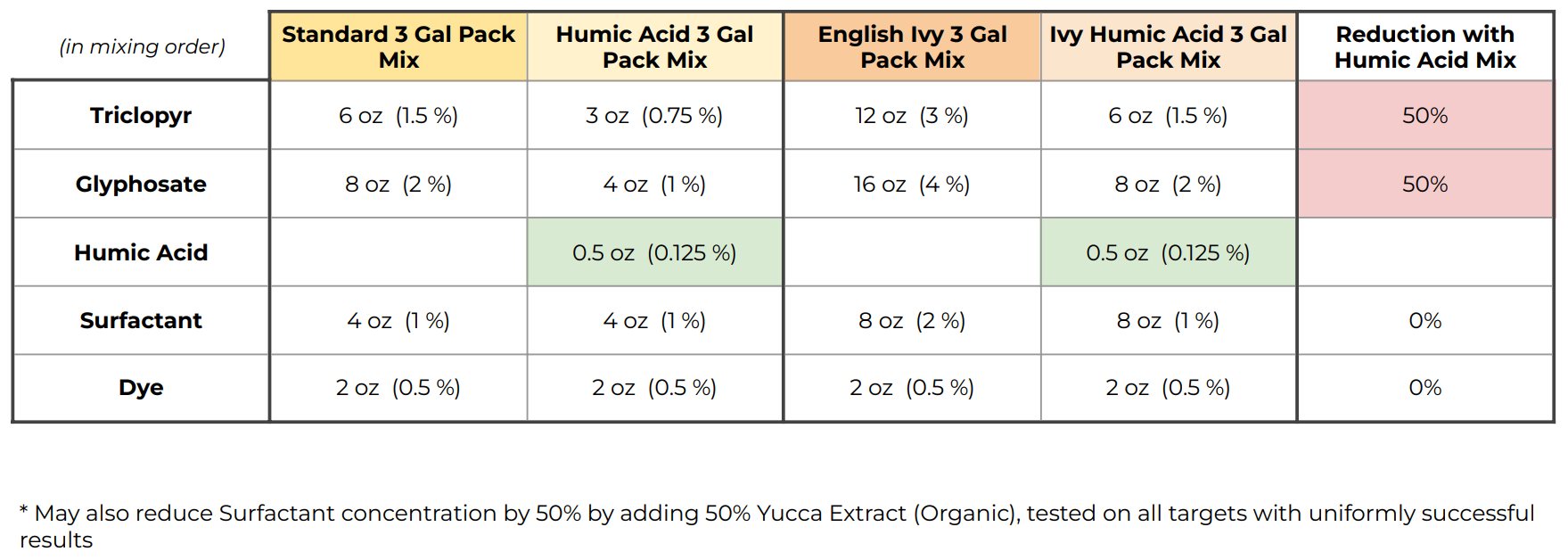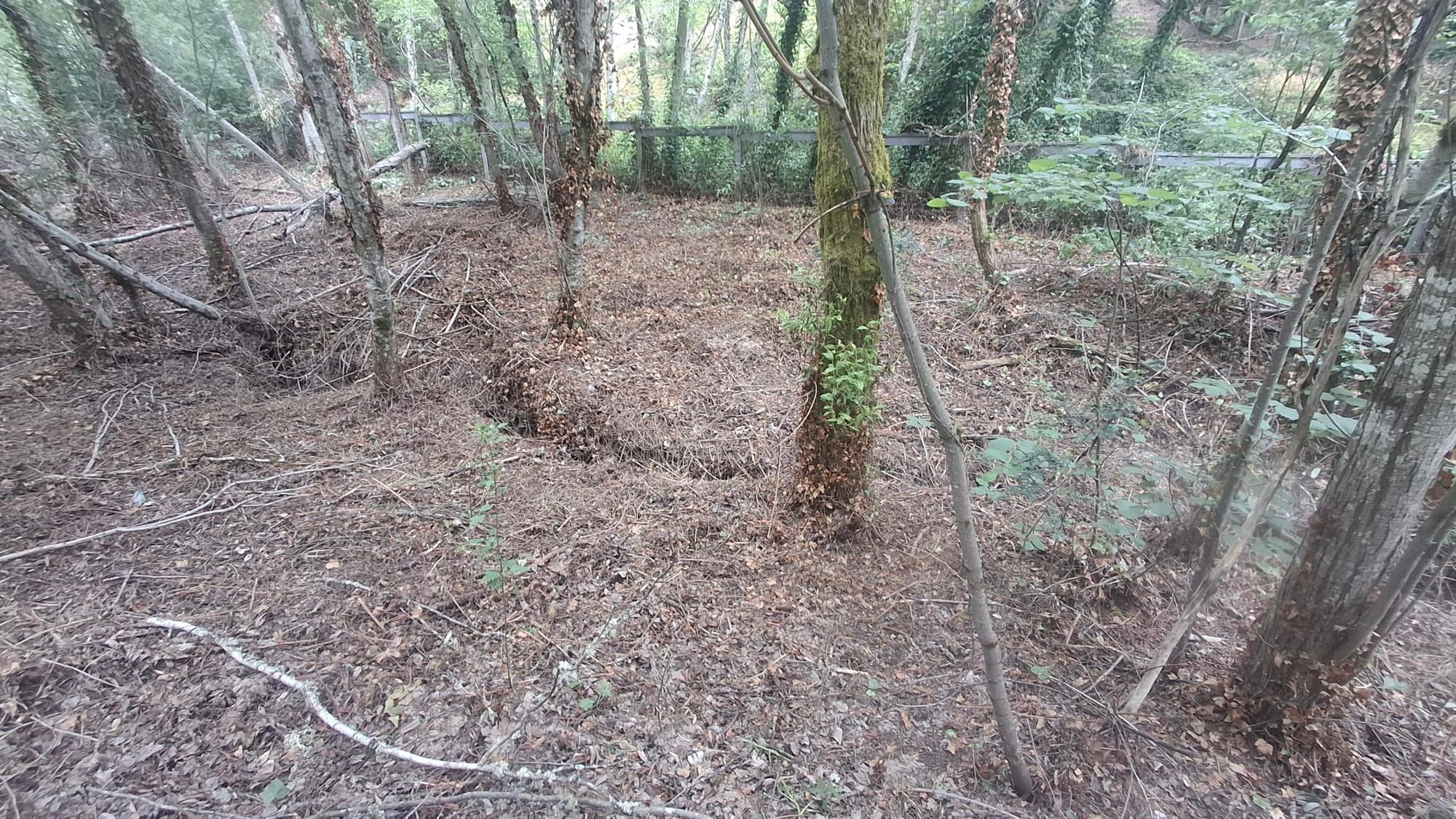Cutting Herbicide Use in Half: The Power of Humic Acid for Smarter Weed Control

For the past two years, Phoenix Habitats has been exploring a groundbreaking method that allows us to significantly reduce the amount of chemicals we use, all while achieving uniformly successful results.
Their secret? A remarkable natural substance called humic acid. By adding just a small amount of this "helper ingredient" to their herbicide sprays, Phoenix Habitats has managed to cut active herbicide ingredients by a full 50%. This isn't just a minor improvement; it's a monumental step towards more environmentally friendly restoration practices, showing successful results on everything from common thistle and blackberry to aggressive English ivy.
Humic acid isn't a new discovery in the agricultural world. Farmers commonly use it to make fertilizers more effective, allowing them to use less product for the same crop growth. Think of humic acid as a clever little key that "unlocks" nutrients, changing them into forms that plants can absorb more easily. This means the plant gets what it needs faster and more efficiently.
What Phoenix Habitats discovered is that this same "unlocking" ability also works with herbicides. By adding a tiny amount of humic acid – specifically, just 0.5 oz to a 3-gallon backpack sprayer – the target weeds absorb the herbicide much more effectively. This boosted uptake means you need less herbicide to get the job done, leading to total removal of the unwanted plants.

Let's look at the numbers. In one trial, a standard ivy spray mix contained 38 oz of active ingredients, plus surfactant and dye. With the addition of humic acid, the active ingredients were reduced to just 24 oz – a 50% drop in herbicide! This also meant a 36% reduction in the total mix volume, making the application lighter and potentially less impactful.
Phoenix Habitats tested two main spray mixes: one for general herbaceous weeds like blackberry and thistle, and another specialized mix for tough-to-kill English ivy and other plants with waxy leaves. For both types of mixes, the active ingredients—Glyphosate and Triclopyr—were consistently reduced by 50%. For example, a standard 3-gallon pack mix for general weeds might contain 6 oz of Triclopyr and 8 oz of Glyphosate. With humic acid, these amounts dropped to 3 oz and 4 oz respectively, yet the weeds were still eliminated. Similarly, for the English Ivy mix, the 12 oz of Triclopyr and 16 oz of Glyphosate were cut to 6 oz and 8 oz.

The results were not just good; they were *uniformly successful* across every season, including challenging winter sprays. In fact, some of these humic acid-enhanced mixes proved to be even more effective than conventional sprays that used twice the amount of herbicide. This is a significant finding, as effective winter application can often be tricky for weed control. It's important to note that while surfactant was initially kept at the same concentration (4 oz for the standard mix and 8 oz for the ivy mix), further research also suggests that surfactant concentration could be reduced by 50% by adding 50% Yucca Extract (organic).
One of the most impressive outcomes was seen with English ivy. In Fall and Winter applications, adding humic acid to the spray led to 100% mortality of the ivy within just five months. This level of complete eradication, especially for such a tenacious invasive plant, is a huge win for habitat restoration efforts. The picture below beautifully illustrates the successful clearing of a forest understory, thanks to this innovative approach.

So, the possibility of using 50% less herbicide on all our habitat restoration projects is not just a hopeful idea—it's becoming a tangible reality. We can be just as effective in fighting invasive species, but with a much lighter touch on our environment. The restoration community is encouraged to explore and test these methods throughout larger areas and embrace new strategic, sustainable methods with urgency.

Member discussion